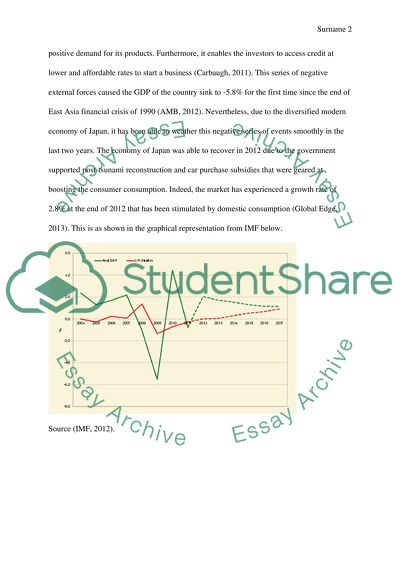Cite this document
(“Japan country risk analysis Assignment Example | Topics and Well Written Essays - 2000 words”, n.d.)
Japan country risk analysis Assignment Example | Topics and Well Written Essays - 2000 words. Retrieved from https://studentshare.org/finance-accounting/1474199-japan-country-risk-analysis
Japan country risk analysis Assignment Example | Topics and Well Written Essays - 2000 words. Retrieved from https://studentshare.org/finance-accounting/1474199-japan-country-risk-analysis
(Japan Country Risk Analysis Assignment Example | Topics and Well Written Essays - 2000 Words)
Japan Country Risk Analysis Assignment Example | Topics and Well Written Essays - 2000 Words. https://studentshare.org/finance-accounting/1474199-japan-country-risk-analysis.
Japan Country Risk Analysis Assignment Example | Topics and Well Written Essays - 2000 Words. https://studentshare.org/finance-accounting/1474199-japan-country-risk-analysis.
“Japan Country Risk Analysis Assignment Example | Topics and Well Written Essays - 2000 Words”, n.d. https://studentshare.org/finance-accounting/1474199-japan-country-risk-analysis.


